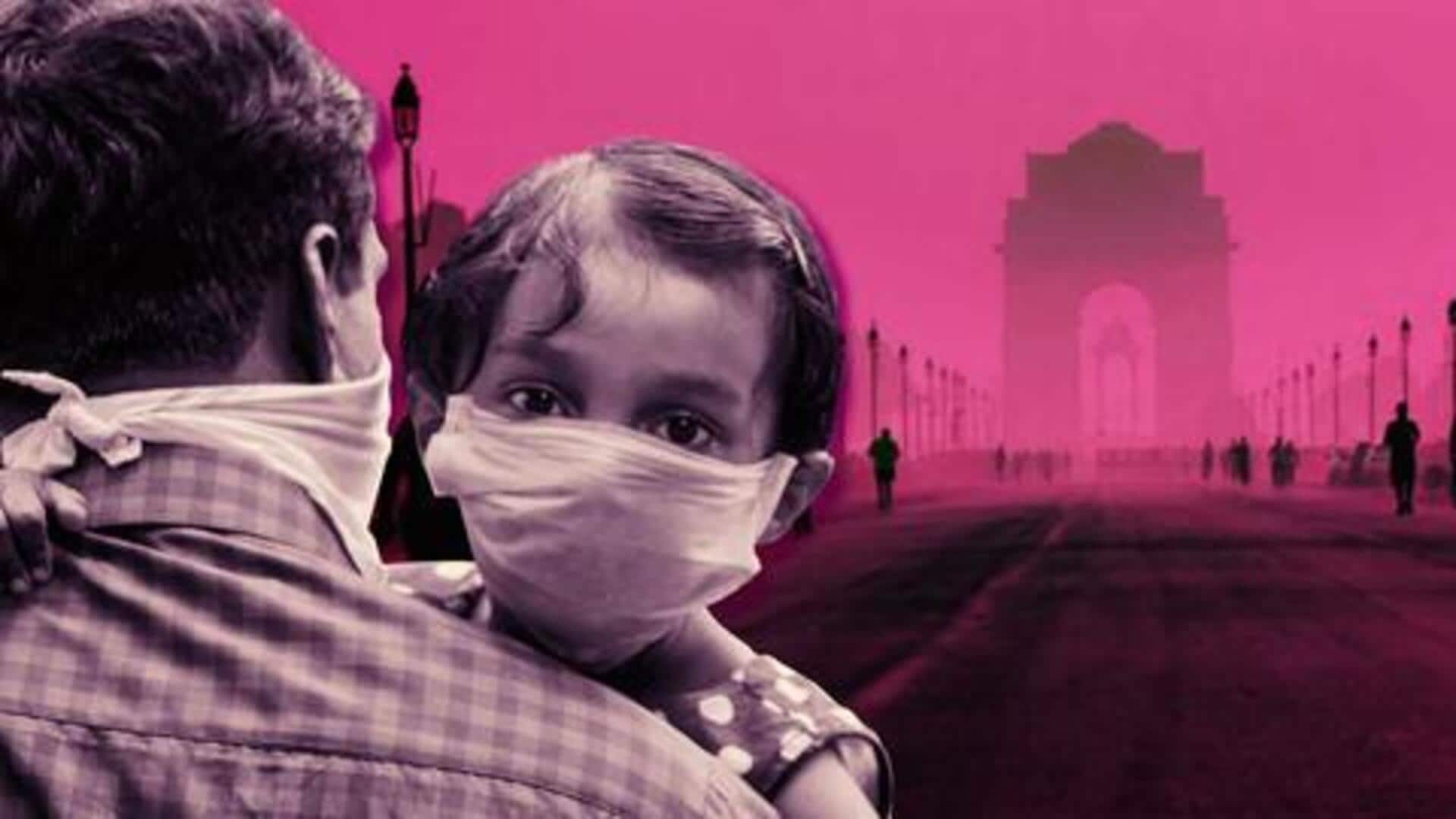
'Invoke GRAP-4 moment AQI reaches 300': SC on Delhi pollution
What's the story
The Supreme Court on Monday directed the immediate implementation of Stage 4 of the Graded Response Action Plan (GRAP) in Delhi-NCR amid worsening air pollution.
The bench, comprising Justices Abhay S Oka and Augustine George Masih, insisted that these measures should remain in effect even if the Air Quality Index (AQI) dips below 450.
The court was miffed over delays in enforcing stricter anti-pollution measures, stressing the constitutional obligation to ensure a pollution-free environment.
GRAP enforcement
SC mandates stricter anti-pollution measures, criticizes delays
The court ordered GRAP Stage 4 to be invoked when AQI levels fall between 300 and 400.
"How can you take risk in these matters by delaying applicability of stage 4 of GRAP?" the bench asked.
It also ordered Delhi-NCR states to form teams to monitor and enforce GRAP Stage 4 restrictions.
The Commission for Air Quality Management (CAQM) had already announced stricter protocols under GRAP Stage 4 from Monday morning.
Protocols and enforcement
CAQM announces stricter protocols, SC insists on enforcement
These protocols include a ban on truck entry into Delhi and a temporary halt on construction at public projects.
Only trucks carrying essential goods or using clean fuel are allowed entry.
The court reiterated that no scaling down of preventive measures would be permitted without its prior approval, stating "We won't allow scaling down of preventive measures under stage 4 even if AQI goes below 450."
Severe pollution
Delhi's air quality reaches alarming levels
Delhi's air quality has gone beyond alarming, with AQI touching 919 in Mundka and 762 in ITI Jahangirpuri. These areas fall under the 'severe-plus' category.
The Supreme Court had earlier expressed displeasure over the poor enforcement of existing measures, like the firecracker ban.
It had directed the Delhi government and neighboring NCR states to file compliance affidavits by November 22 on implementing pollution control measures.
Compliance and redressal
SC orders establishment of grievance redressal mechanism
The court also directed the establishment of a grievance redressal mechanism for reporting violations.
It stressed that "the right to live in a pollution-free environment is a fundamental right under Article 21 of the Constitution."
The Supreme Court urged Delhi and NCR governments to present plans for controlling air pollution before the next hearing date.